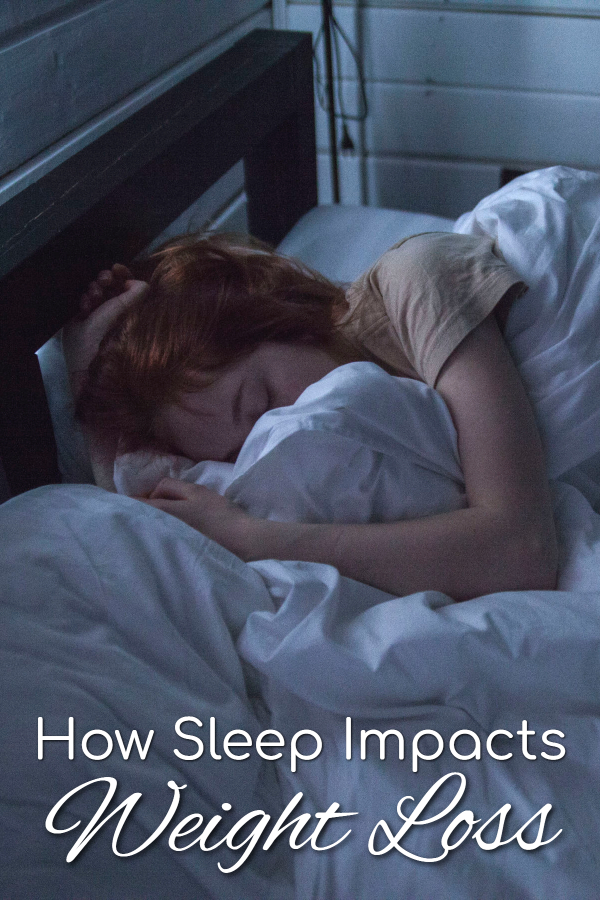Disclosure: This post may contain affiliate links, meaning we get a commission if you decide to make a purchase through our links, at no cost to you. Please read our disclosure for more info.
Did you know the amount of quality sleep you get could be as important as exercise and diet when it comes to losing weight? A significant percentage of adults don’t get enough sleep, and this could be contributing to the global obesity epidemic, one recognized by the WHO as an escalating public health issue.
Understanding how your sleeping patterns affect your weight gives you an additional strategy for losing weight — and for keeping it off. With this in mind, it’s useful to look more deeply into what the research reveals about how sleep habits can interact with weight gain and weight loss.
Sleep and BMI
Poor sleep habits are associated with weight gain and a higher BMI. Five hours or less of sleep raises the risk of obesity in both adults and children. One study saw adults who were allowed to sleep for just five hours of sleep a night gaining 0.82 kg over five days.
Sleep-deprived individuals are more likely to experience increased appetite, possibly due to the way sleep deprivation impacts hunger-regulating hormones like ghrelin and leptin. Studies show individuals who allowed just four hours of sleep will increase their calorie intake by more than one-fifth.
Stress
These individuals saw their fat intake almost double in comparison to when they were allowed eight hours of sleep. Additionally, Bedroom Critic states that poor sleeping patterns can raise cortisol and adrenaline levels, stress hormones that can increase your appetite.
Reduced willpower and poorer impulse control are other outcomes linked to lack of sleep. When you don’t get sufficient sleep, your brain might be more likely to be stimulated by food, so not only are you less likely to be able to control yourself; the reward associated with food is bigger.
Crave Junk Food
Lack of sleep could also make you crave high-calorie foods like carbs and fat more intensely. Poor sleep has been linked to bigger portion sizes and increased late-night snacking. Conversely, sufficient, quality sleep could change the way your brain works, boosting decision-making and self-control functions and helping you make smarter choices about eating healthy foods.
Another way poor sleep can impede weight loss is by causing metabolic dysregulation, such as through decreasing your resting metabolism rate (RMR) — how many calories you burn when you’re at rest — by as much as 20% after eating.
Sleep and Muscle Loss
Poor sleep may also lead to muscle loss, which also reduces your RMR. Sleep deprivation also leads to insulin resistance, a metabolic disorder that makes your body hungrier and more likely to store more calories. It could also raise the risk of diabetes. Research demonstrates cutting back on sleep can halve the amount of fat you lose even if you eat exactly the same diet.
Sleep Debt
Sleep debt is associated with decreased protein synthesis and muscle loss as well as a compromised ability to recover from exercise. You could tire more quickly during physical activity, making weight loss more challenging. The causal relationship between weight gain and sleep works in both directions: sleep disorders like sleep apnea and sleep-disordered breathing are aggravated by weight gain.
So how much should you be sleeping? For adults, sufficient sleep could be seven to nine hours of sleep each night, while children and teenagers tend to need more. Practicing good sleep hygiene and using relaxation techniques like relaxing message can also help you achieve better sleep.
Final Remarks
Consequently, getting enough good quality sleep can help you make smarter choices about eating well, reduce your appetite, and lessen the sense of reward you receive from eating calorie-dense foods like carbs and fats.
Not addressing sleep could lead to you sabotaging the most committed diet and exercise habits — and raise your risk of chronic conditions like obesity, diabetes, high blood pressure, heart failure, and cognitive failure. As such, if you’re looking to lose weight and keep it off for the long term, establishing a great sleep routine is one of the fundamental things you should start doing today.





![Tori Spelling's master bedroom[1]](https://domesticationsbedding.com/wp-content/uploads/2016/06/Tori-and-Deans-master-bedroom1-e1627046125159.jpg)